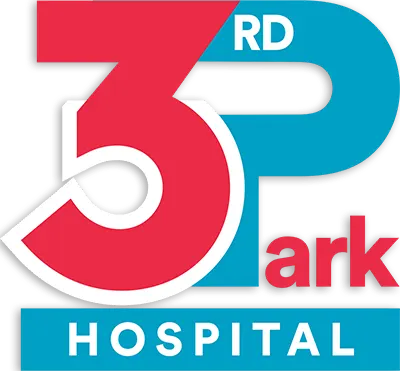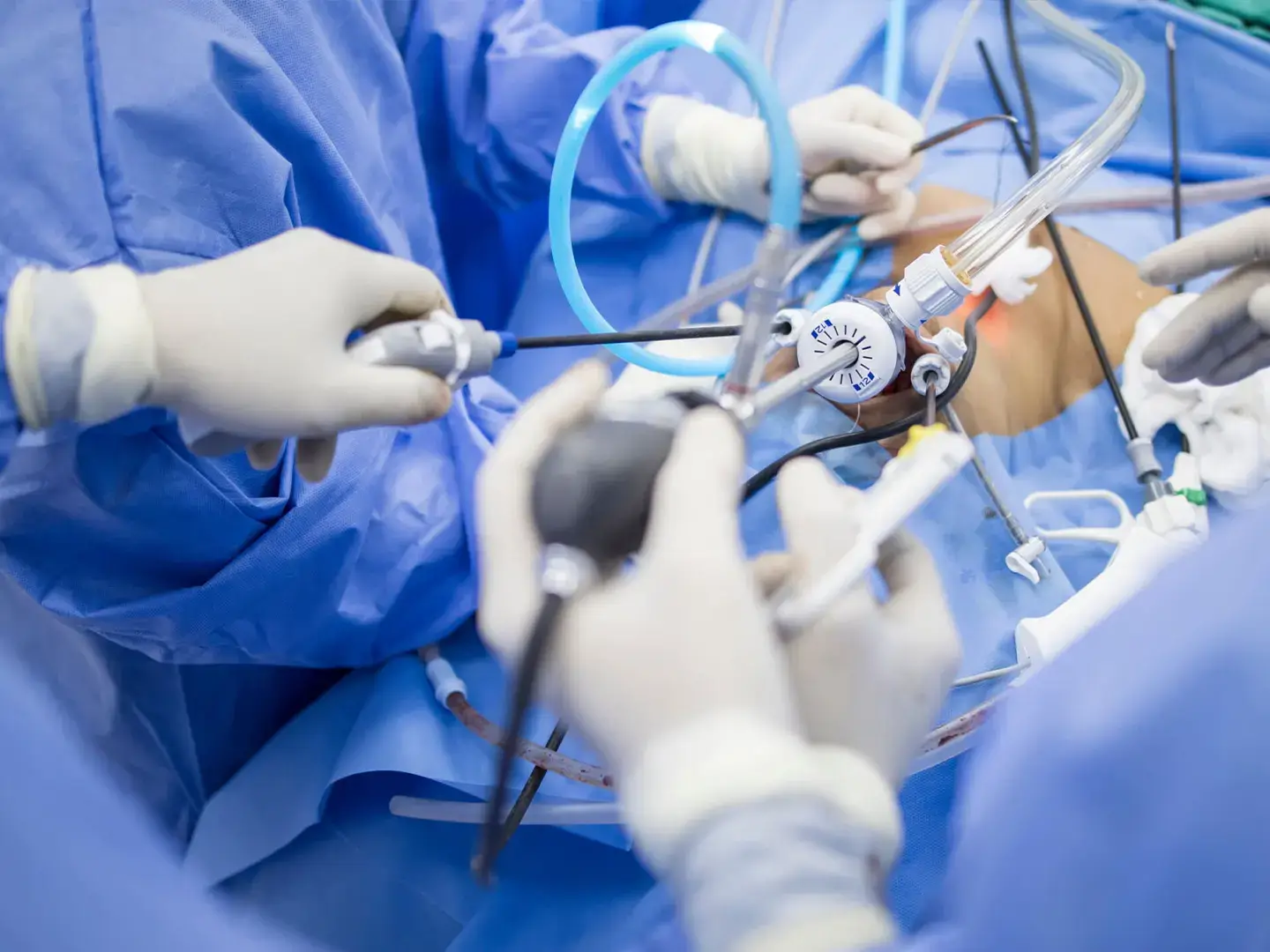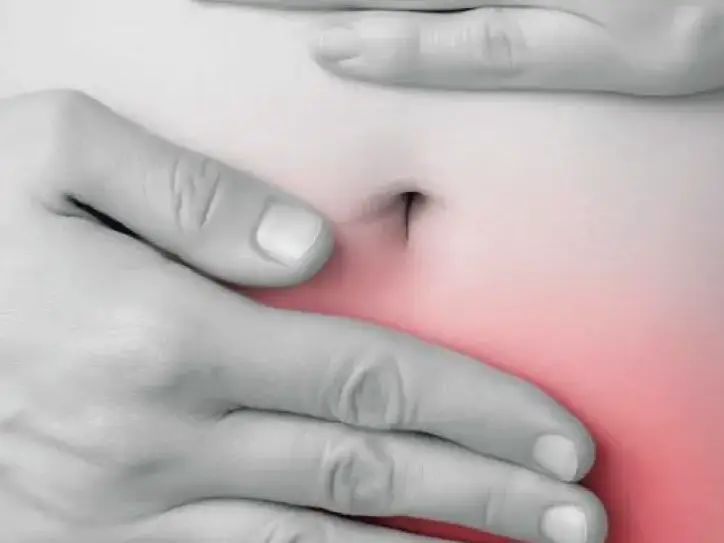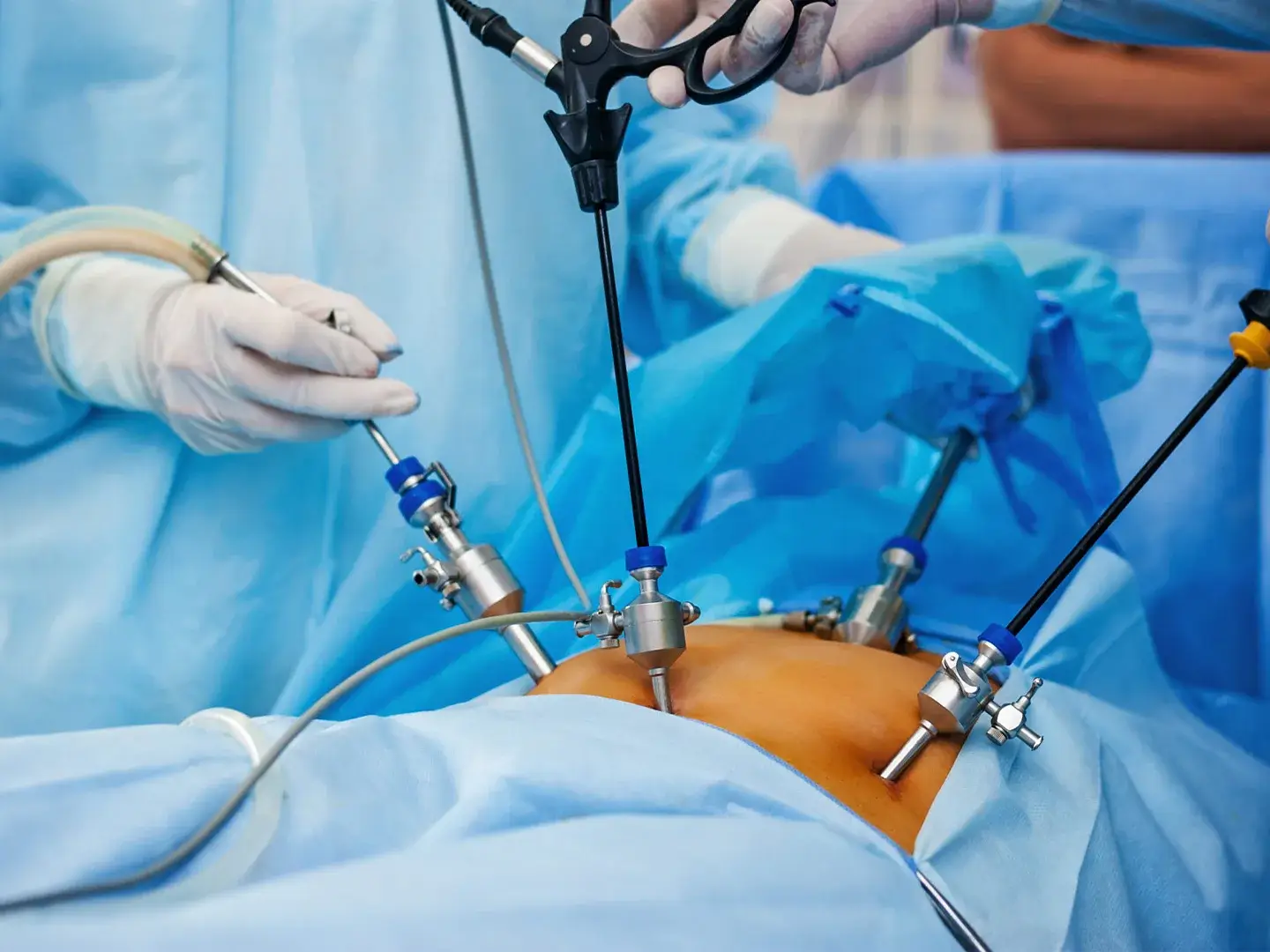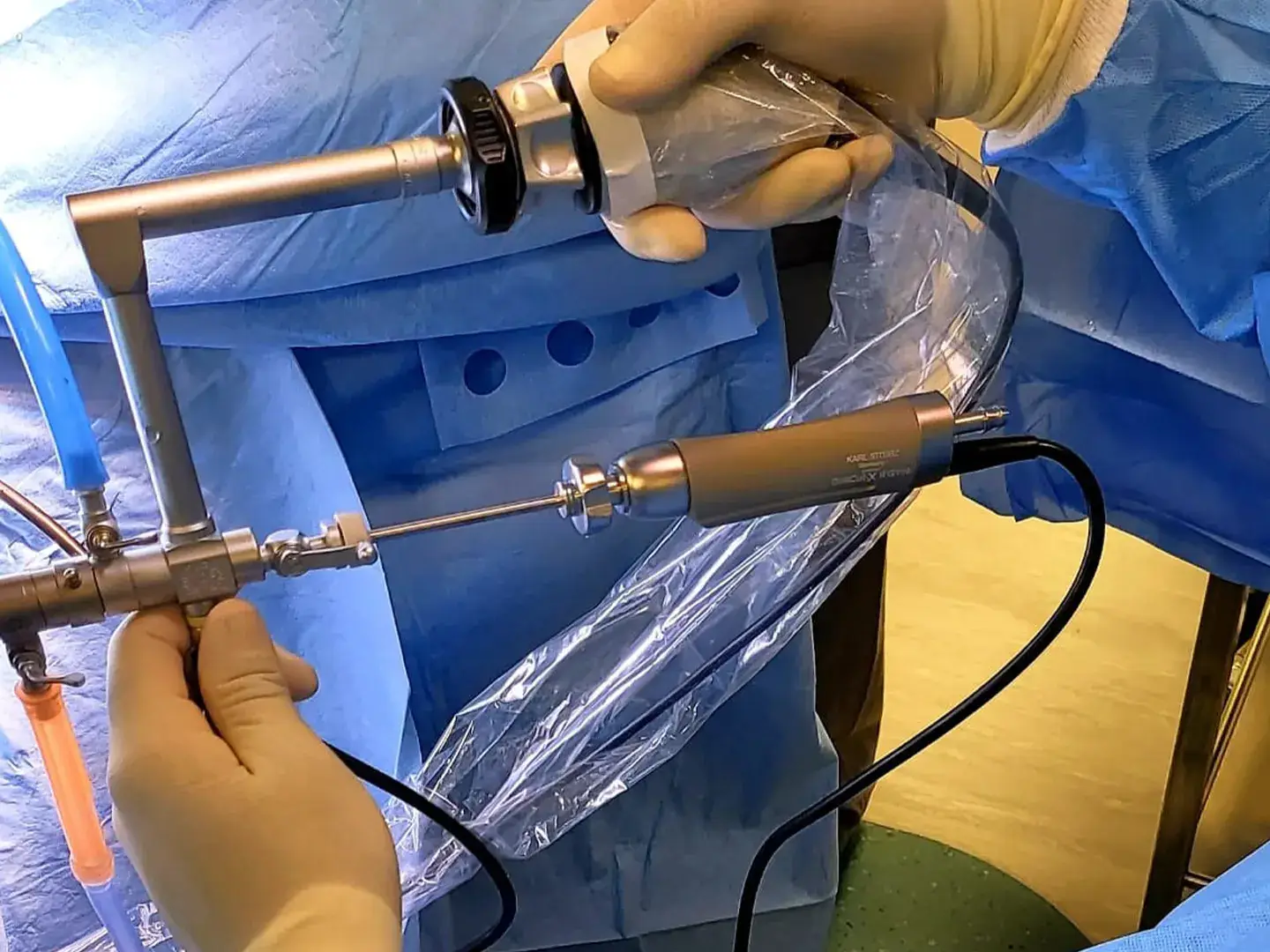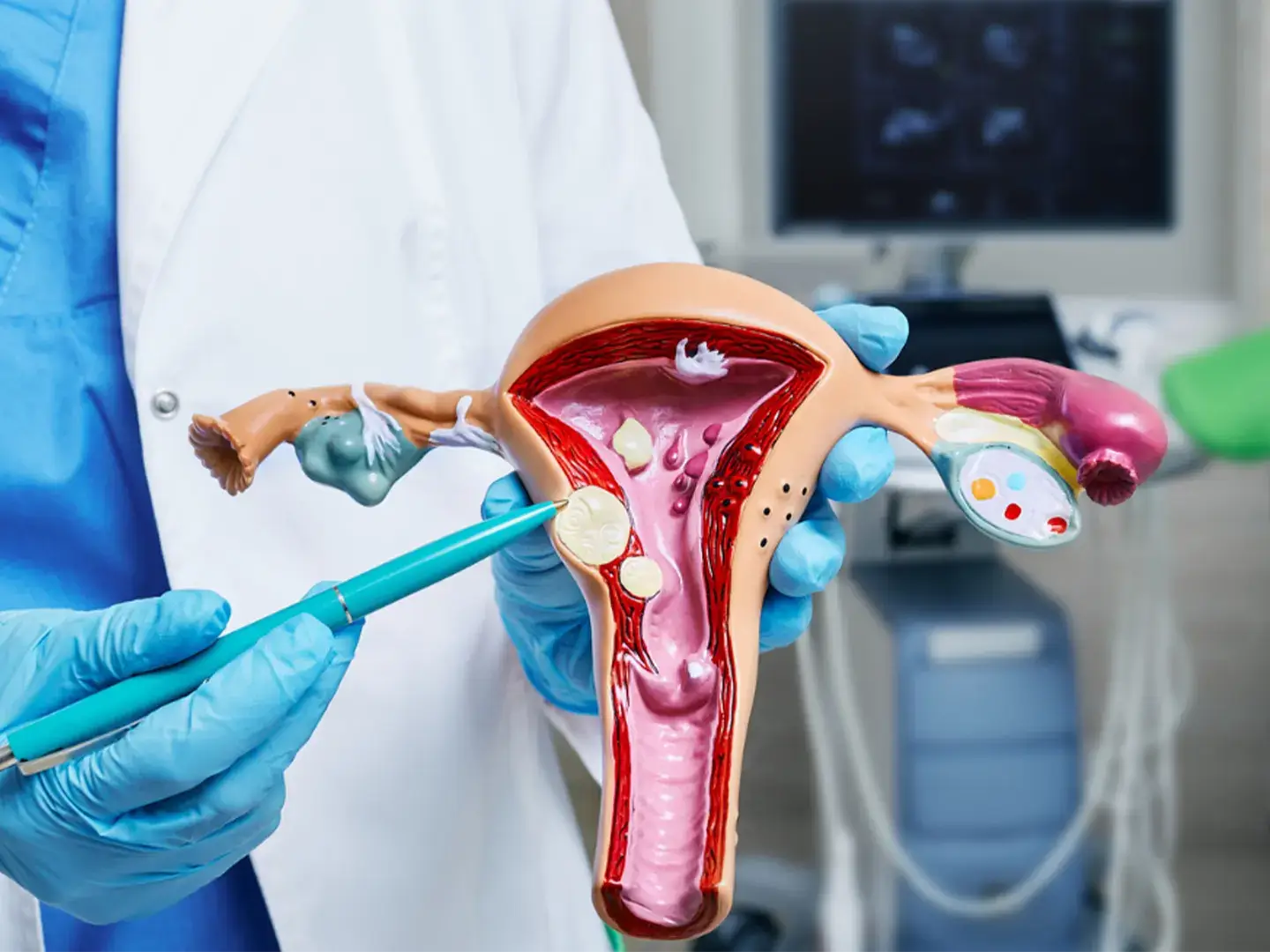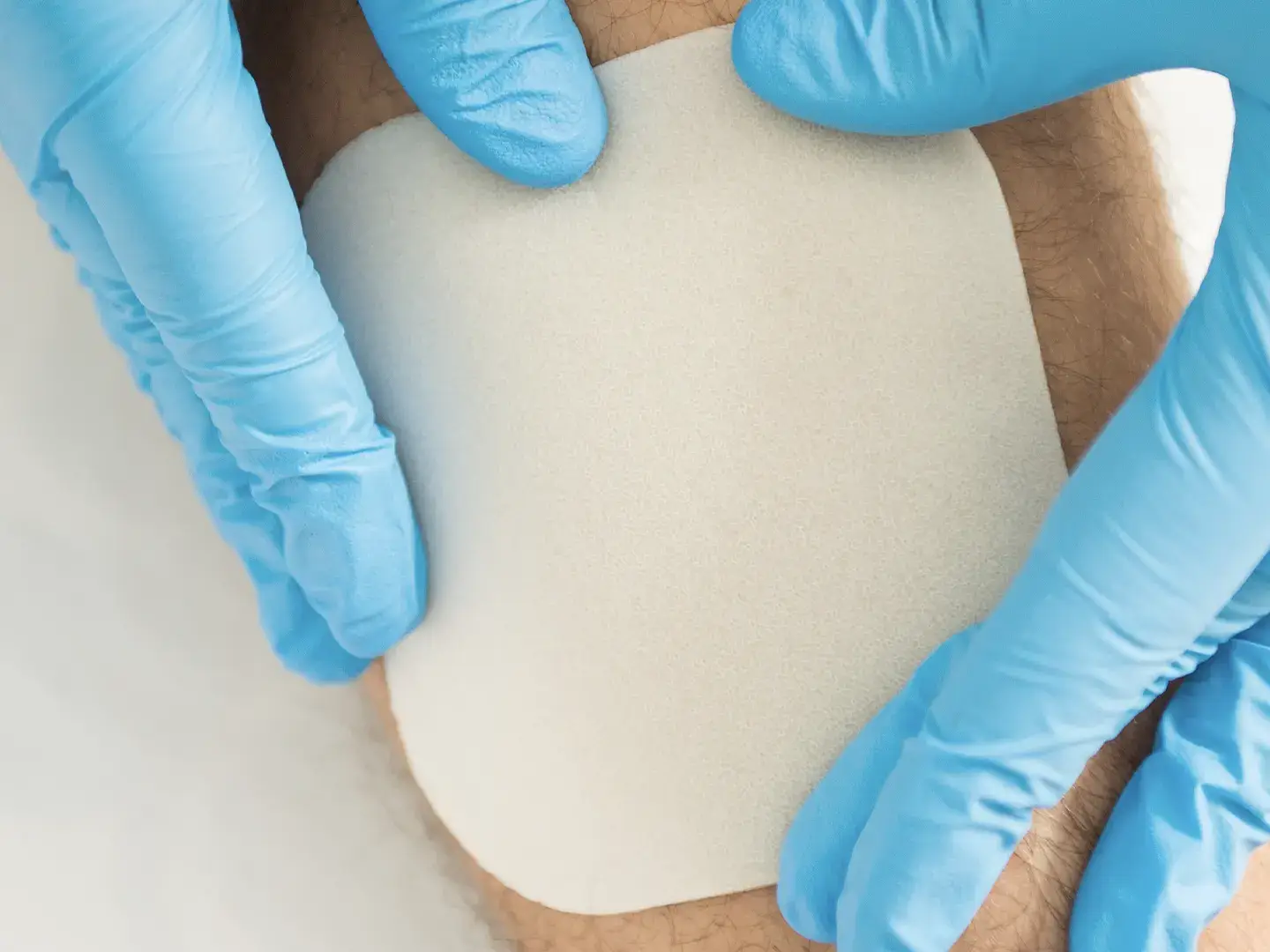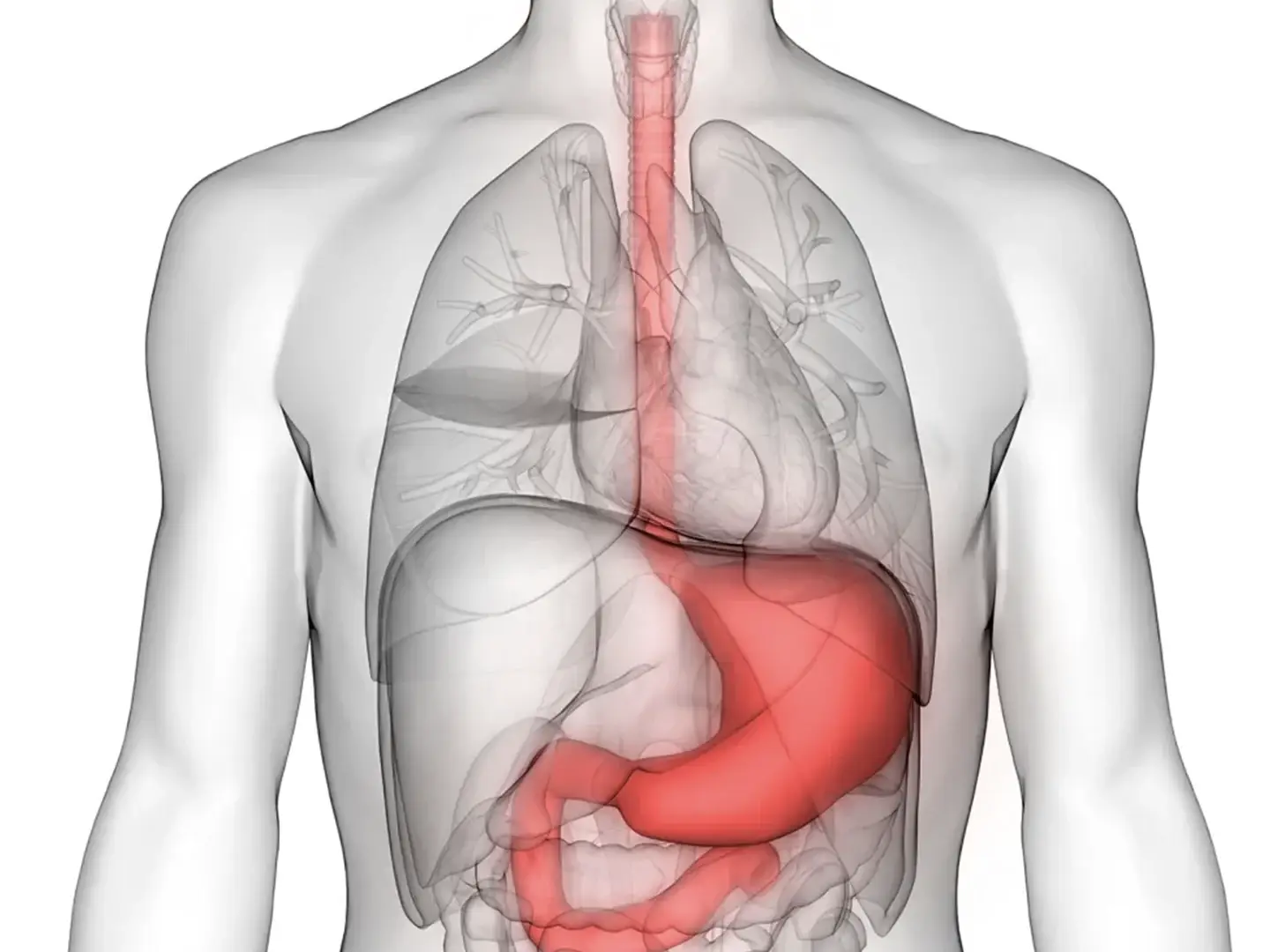What is General Surgery?
General Surgery includes a core knowledge of anatomy, physiology, metabolism, immunology, nutrition, pathology, wound healing, and other areas common to all surgical specialties.
In laymen’s terms, general surgeons treat diseases related to the abdomen, breast, head and neck, blood vessels, digestive tract, injuries, deformities, and other conditions.
Below are a few procedures that we cover at 3rd Park Hospital
Appendectomy
It is a surgical operation in which the vermiform appendix is removed. When the appendix becomes blocked and ruptures it puts the body at risk for severe infections and it also causes a lot of pain.
Appendectomy is normally performed as an urgent or emergency procedure to treat complicated acute appendicitis. Appendectomy may be performed laparoscopically or as an open operation
Open appendix removal surgery typically requires a slightly longer hospital stay after the procedure. An incision is made in the abdomen and the appendix is removed.
A laparoscopic procedure allows the patient to recover more quickly due to smaller incisions and precise appendix removal. 1 to 3 small cuts are made in the abdomen and a small camera and surgical tools are inserted. The appendix can be removed this way through one of the incisions.
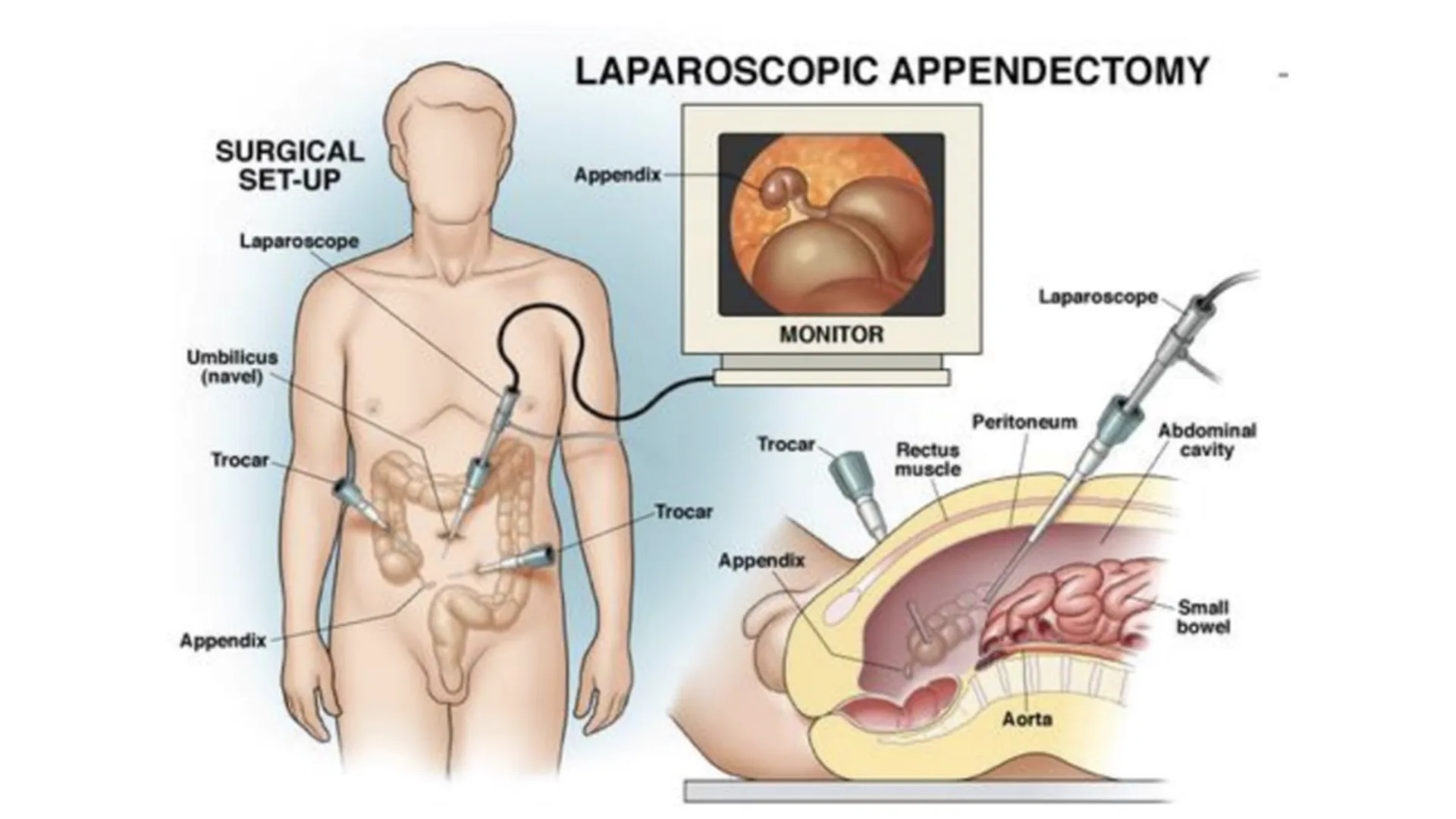
Colectomy - Colon Resection
This surgery focuses on removing either part or all of your colon in order to prevent or address harmful medical conditions.
A colectomy is surgery to remove all or part of the colon, the Nearby lymph nodes are also removed.
Colon resectioning is performed for patients who are at risk or experience one of the below medical concerns:
Surgical intervention is indicated when strangulation is suspected to develop during nonoperative treatment, or when conservative treatment fails.
The surgery can be done using a laparoscope, which means smaller cuts are used. The surgeon locates the area of your intestine (bowel) that is blocked and unblocks it. Any damaged parts of your bowel will be repaired or removed.
The surgeon takes out the part of the colon with the cancer and a small segment of normal colon on either side. Usually, about one-fourth to one-third of the colon is removed, depending on the size and location of the cancer. The remaining sections of colon are then reattached. At least 12 nearby lymph nodes are also removed so they can be checked for cancer.
Some patients have colon cancer that has spread to other parts of the body and also have tumors blocking the colon. In this case, surgery may be done to relieve the blockage without removing the part of the colon containing the cancer.
Deciding if surgery is an option to remove areas of cancer spread depends on their size, number, and location.
Colorectal cancer is a disease in which cells in the colon or rectum grow out of control, called a polyp, inside the colon or rectum.
Surgery is the most common treatment for colorectal cancer and may range from minimally invasive, such as removing a polyp during a colonoscopy, to, in rare cases, removing the entire colon.
Many surgeries for colorectal cancer involve removing tumors, the section of the colon in which the tumor was found, surrounding normal tissue and nearby lymph nodes.
Cholecystectomy- Gallblader Surgery
Cholecystectomy is the surgical removal of the gallbladder, it is a common treatment of symptomatic gallstones and other gallbladder conditions. When the gall bladder becomes blocked or inflamed due to the formation of gallstones that are large for the gallbladder to pass naturally. This causes the patient to experience great pain until the stones are broken up or the gallbladder is removed.
The gallbladder can be removed by open surgery or laparoscopic surgery.
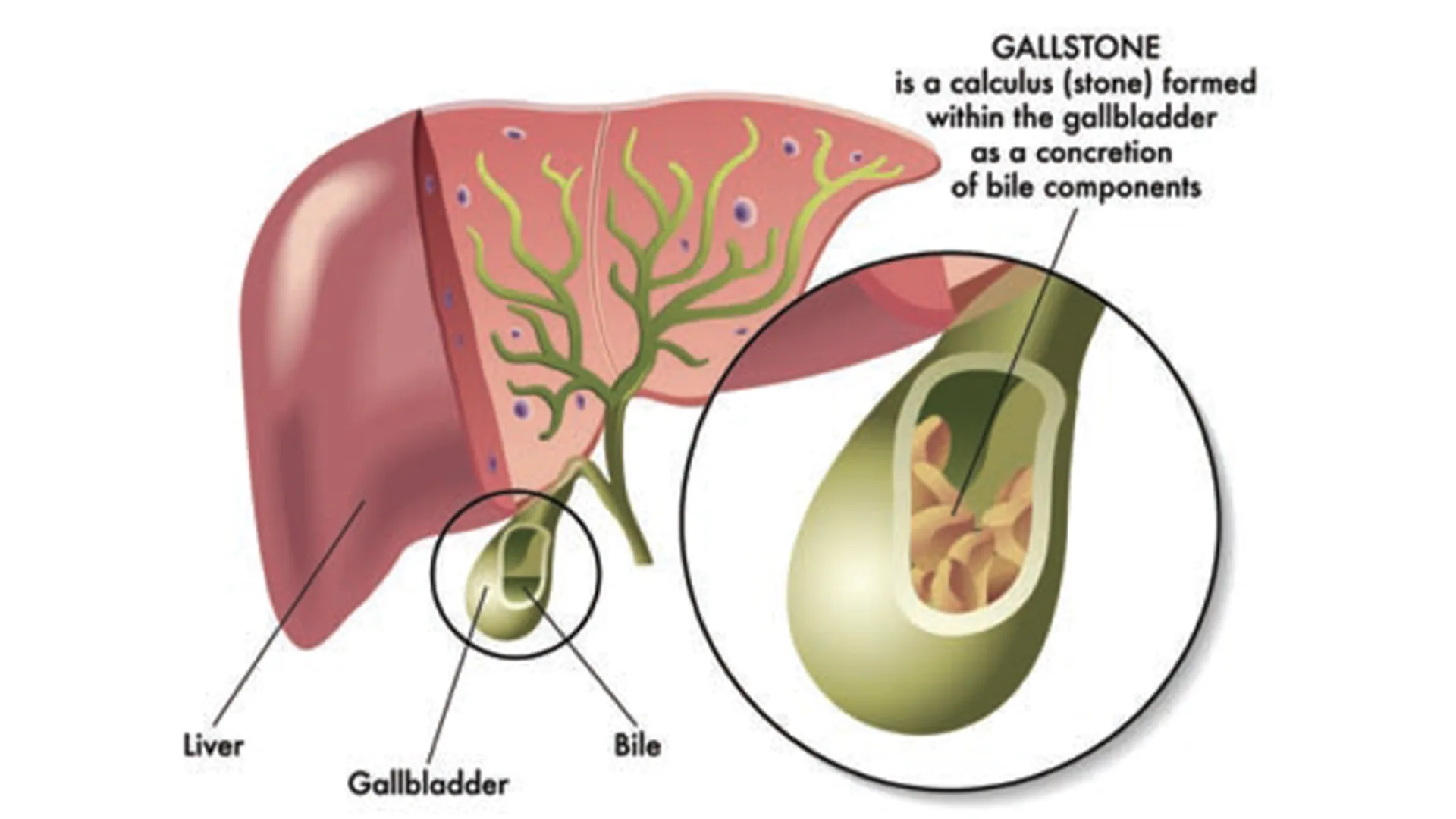
Gerd Surgery
GERD is a condition that causes chronic acid reflux or heartburn.
Surgery for GERD may involve a procedure to reinforce the lower esophageal sphincter. The procedure is called Nissen fundoplication. In this procedure, the surgeon wraps the top of the stomach around the lower esophagus. This reinforces the lower esophageal sphincter, making it less likely that acid will back up in the esophagus.
Hiatus hernia repair:
In this one along with Nissen’s fundoplication also hiatus hernia repair is done.
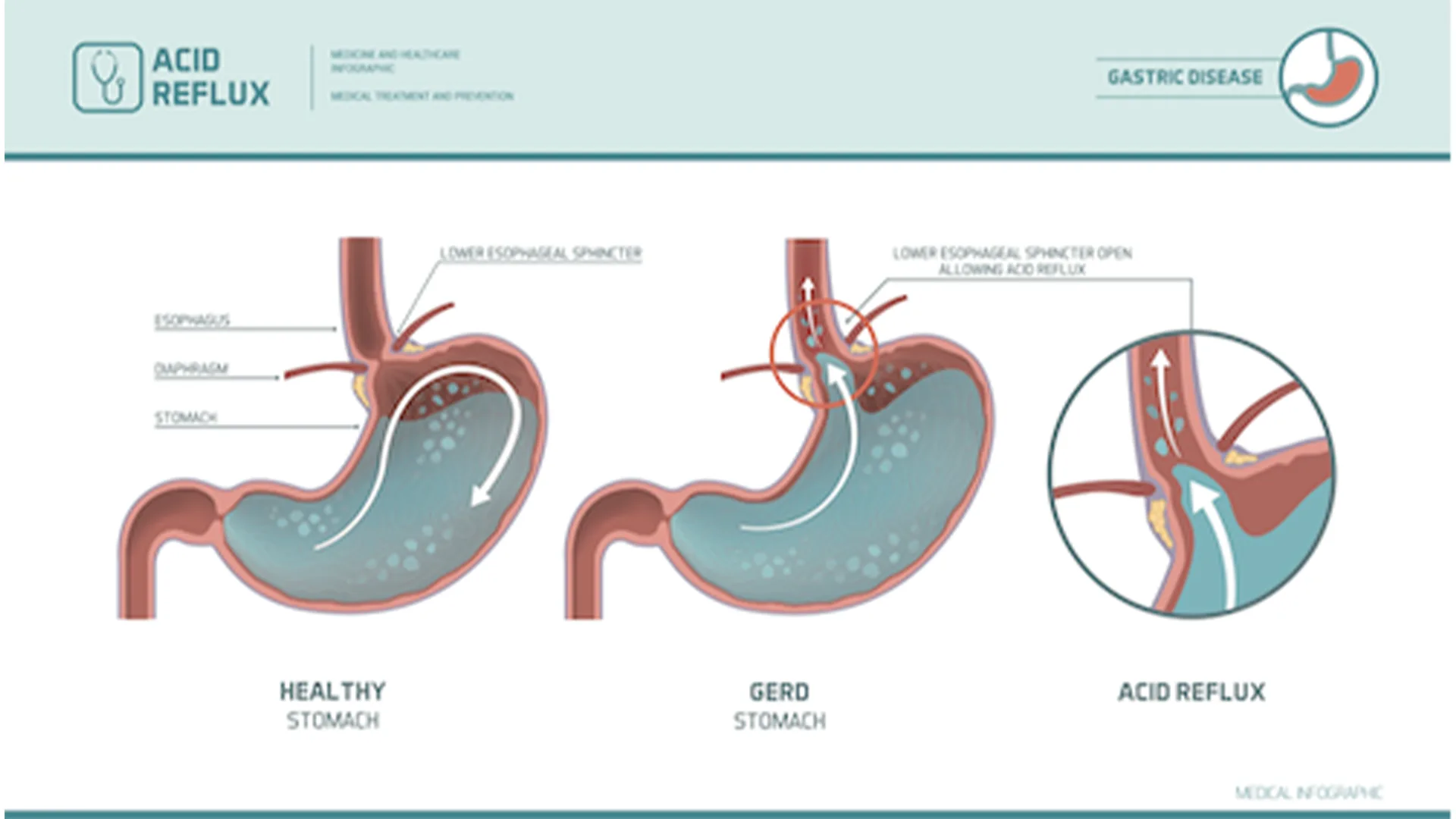
Endocrine Surgery
Endocrine Surgery is a subspecialty of general surgery that focuses predominantly on diseases of the thyroid, parathyroid, and adrenal glands.
Some endocrine surgeries include:
- Adrenalectomy - removal of the entire adrenal gland.
- Parathyroidectomy - removal of the entire parathyroid gland.
- Thyroidectomy - removal of the entire thyroid gland.
- Thyroid lobectomy - removal of one lobe of the thyroid gland.
- Total pancreatectomy - This operation removes the entire pancreas, as well as the gallbladder, part of the stomach and small intestine, and the spleen.
Esophageal Surgery
Esophagectomy is a surgical procedure to remove some or all of the swallowing tube between your mouth and stomach (esophagus) and then reconstruct it using part of another organ, usually the stomach. Esophagectomy is a common treatment for advanced esophageal cancer and is used occasionally for Barrett’s esophagus if aggressive precancerous cells are present. An esophagectomy may also be recommended for noncancerous conditions when prior attempts to save the esophagus have failed, such as with end-stage achalasia or strictures, or after ingestion of material that damages the lining of the esophagus.
Generally These procedures are performed using laparoscopic surgical tools to minimize the patients recovery time.
Exploratory Laparotomy / Laparoscopy
This procedure is done when patient has abdominal pain but there is no specific cause, an exploratory laparotomy (open procedure) or laparoscopic is performed to investigate the source of pain.
Hernia Surgery
A hernia is a weakness in the abdominal wall that allows tissue from inside your body to push into an area where it shouldn’t be. For example, a weakened muscle can create an opening for a small piece of tissue (most commonly fat or intestine) to push through.
A hernia appears as a bulge of tissue under the skin (often in the belly or groin area). Hernias can be resolved through several surgical techniques.
Haemorrhoids
Some haemorrhoids are treated surgically depending on the nature and severity the surgeon will recommend to remove or repair the hemorrhoid. Some of the types of hemorrhoid surgery include:
- Infrared Coagulation
- Surgical Suturing
- Surgical Staples
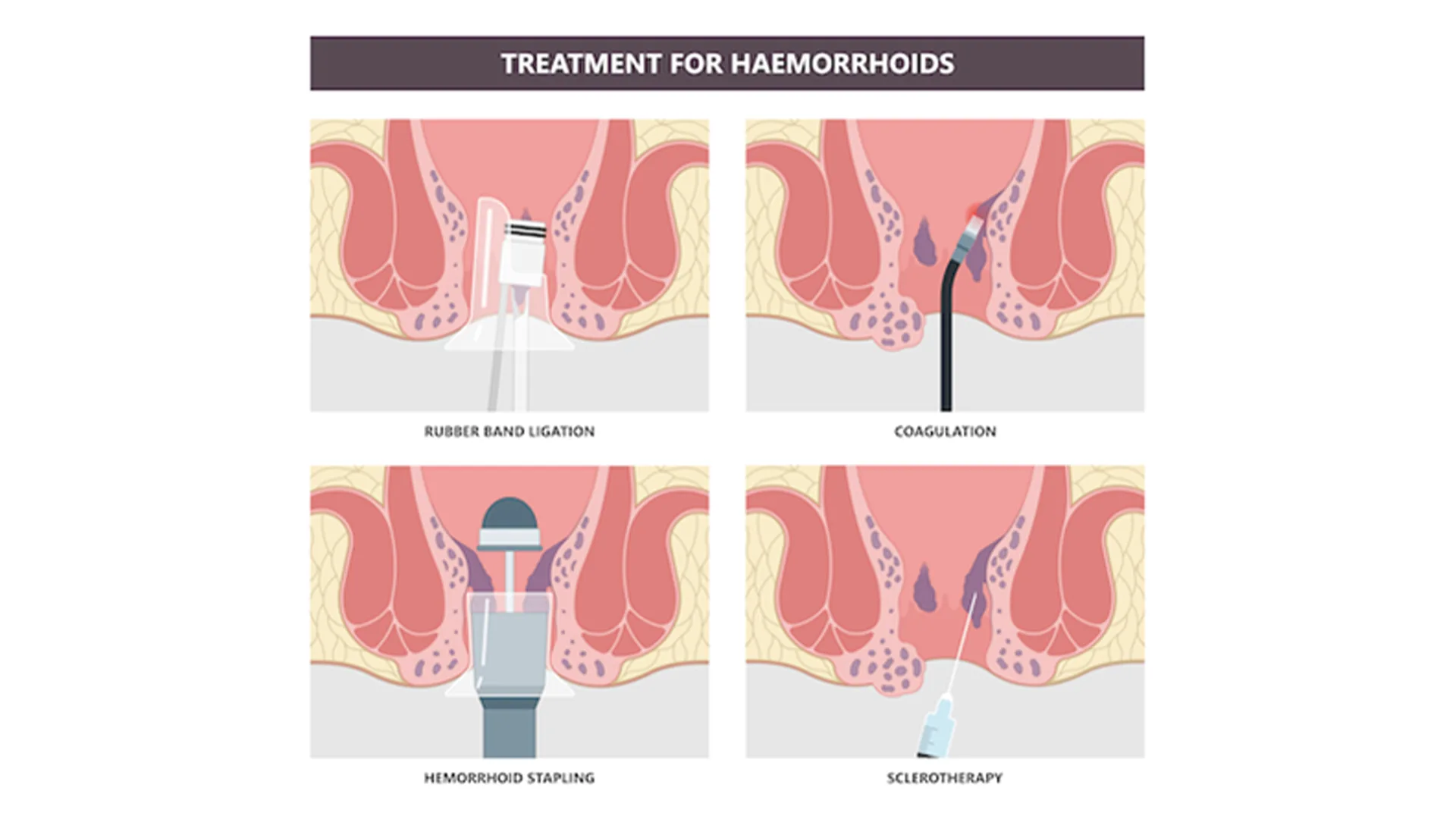
Lipoma
A lipoma is a lump of fat cells that forms under the skin and causes a visual bulge on the exterior of the skin. Lipomas can be mistaken for cancerous growths, but they are not cancerous nor harmful.
Some may cause pain if they form above a nerve.
Liver Surgery
We treat liver cancer and liver disease through liver resectioning surgery. The earlier the disease is detected, the better the patient’s chances for successful treatment and recovery.
The liver can function even when the diseased sections are removed and if the rest of the liver is healthy.
Pancreas Surgery
General surgeons can treat conditions like pancreatitis, pancreas cancer, and benign pancreas tumors with pancreas surgery. There are several forms of pancreas surgery including the Whipple procedure, laparoscopic pancreas surgery, pancreatectomy, distal pancreatectomy, segmental pancreatectomy, and total pancreatectomy.
Your surgeon will recommend which procedure will best treat your conditions during the testing and consultation period of your treatment.
Splenectomy
This is an important organ, which supports the body’s immune system and purifies blood. The spleen can become damaged or diseased and if nonsurgical treatment does not work then it has to be removed surgically through splenectomy.
Specialized Medical Services in Kenya
Explore our services
Male Circumcision
Male Circumcision in Kenya is the surgical removal of the foreskin covering the tip of the penis.…
Total Laparoscopic Hysterectomy
Total Laparoscopic Hysterectomy (TLH) in Kenya is a minimally invasive gynecological surgical…
Interventional Pain Management
Interventional Pain Management is a "discipline of medicine devoted to the diagnosis and treatment…
Laparoscopy
Laparoscopy is a minimally invasive procedure. Laparoscopies are used to diagnose medical…
Orthopaedic Surgeries and Joint Replacements
We offer a the whole spectrum of orthopaedic surgeries at our private hospital in Nairobi.
Gynaecology Surgeries
Gynaecology is a medical specialty that focuses on the female reproductive system, including the…
Uterine Fibroids
Uterine Fibroids (also called Leiomyomas or Myomas) are a common type of noncancerous (benign)…
Wound Care Specialist Services
Wounds that are not managed well cause a lot of complications. At our hospital in Nairobi, we…
Gastroenterology and Endoscopic Procedures
Our gastroenterology services cover a range of conditions affecting the digestive system. We offer…
